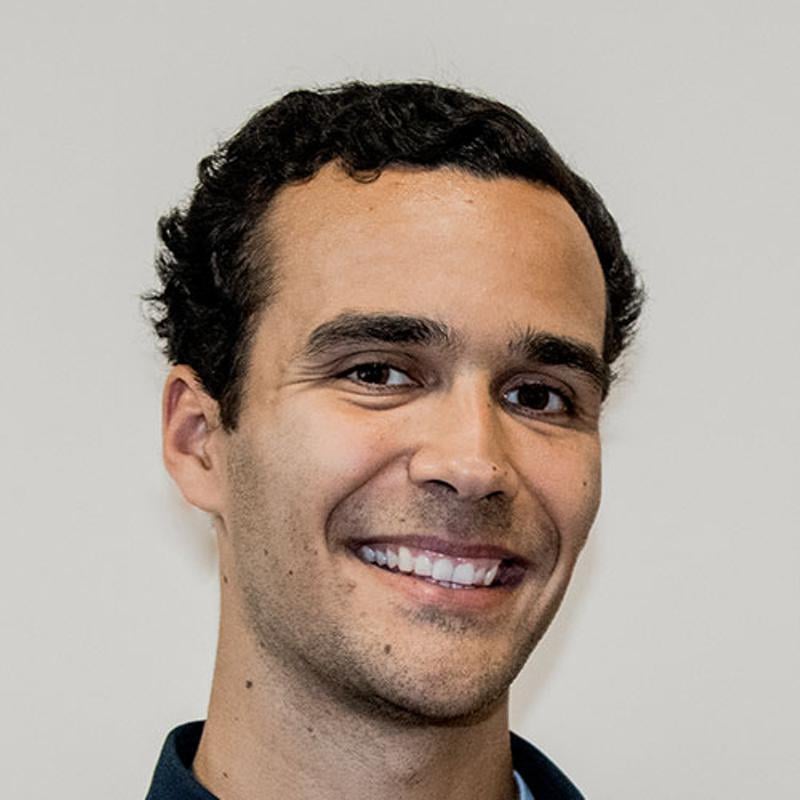A new digital health initiative is using a matchmaking algorithm to connect new parents who are researching, preparing or recovering from caesarean section surgeries.
The free program is being integrated into a pre-established app, Stronger Together, that provides advice and support programs for a variety of health issues. The parents will be paired based on their personalities and where they are in the surgery process.
“It’s support that is personalized to you,” said Lynda Brown-Ganzert, the Kelowna-based CEO of the digital health company RxPx, who developed the app.
“Instead of putting you into one large group, it’s really a personalized experience of what kind of peer support might be most valuable to you.”
The app-based program was selected by a federal funding opportunity, Innovative Solutions Canada, and created with the help of Health Canada, the Interior Health authority, and the Centre for Chronic Disease Prevention and Management at the University of British Columbia Okanagan.
Brown-Ganzert said Health Canada in particular was interested in supporting the app as a means to find out ways to better help Canadians in rural areas.
“They’re looking at this with great interest in terms of how we can use digital technology to help empower patients, share information, and give them the support that they need.”
A 2018 report from the Canadian Institute for Health Information found that 35 per cent of babies were born via C-section in B.C., compared to the national average of 28 per cent.
The Fraser Valley, specifically, has one of the highest rates of C-section deliveries.
A 2019-20 study by Perinatal Services BC reported that 42 per cent of deliveries in the Fraser Health region were through a caesarean section surgery.
Sarah Munro, a PhD-prepared researcher at UBC, said one reason for the high rate is a lack of communication between families and their health-care team.
“Our research in B.C. shows this really clearly through interviews with families, that they gain information about their options through family, friends, social media and the internet,” Munro said.
“So what’s missing is evidence-based information from clinical experts that’s based on what happens in B.C.”
Although Brown-Ganzert is based in the Interior of B.C., her goal is to make information accessible to parents across the country.
She said there’s a societal emphasis on women to have a “natural childbirth,” even though C-sections are proven to be a safe option for deliveries.
Guidelines in the Society of Obstetricians and Gynaecologists of Canada instructs doctors to listen to a patient’s request for a C-section, discuss the risks and benefits of the procedure, and refer them to a another doctor if they don’t agree with their request for a caesarean.
However, an article published in the Conversation last year found that many people’s requests for a C-section are brushed aside. Some professionals believe the surgery should be reserved for situations where medical reasons require it.
Brown-Ganzert hopes the app’s community makes it easier for women to talk about C-sections and drop the stigma surrounding the surgery.
“Peer to peer connections come in really handy because it reiterates that [women] aren’t alone, it’s like ‘OK, it’s not just me thinking this, or feeling this way.’ And that alone can be so reaffirming and empowering.”
Building community, addressing misinformation
Brown-Ganzert launched Stronger Together with the goal of turning it into a social media-style health app that ensures no patient feels alone.
Like a social media app, there is a community of people who can read posts and information in a curated timeline. But instead of viewing photos from a friend’s latest vacation, Stronger Together highlights information such as an expert’s advice on how to manage stress and personal blog posts about living with a health issue like multiple sclerosis.
The app also allows people to schedule meetings where they can discuss health issues together.
“It’s not that you need to talk about your condition all day, it’s just being in an environment and community of people where they already understand your day-to-day,” Brown-Ganzert said.
UBC’s Munro has also developed her only digital resource to combat C-section misinformation.
Last year, she launched a program called My Next Birth. Like Stronger Together, it aims to support parents planning a pregnancy and address misinformation around C-sections.
Through interviews with families across the province, Munro found that the high number of C-sections was driven by people who were choosing to have multiple caesarean surgeries.
“One of the myths out there is once a caesarean, always a caesarean,” Munro said, explaining the popular misconception that a birthing parent who delivers a baby through a C-section must then continue with C-section deliveries in subsequent births. “When giving birth in Canada, a lot of people may not be aware of the option for vaginal birth after caesarean.”
Munro hopes that her tool will empower people with comprehensive information about birthing choices while strengthening the perinatal relationship between families and doctors.
“Every year, more and more families are faced with this choice: how to give birth after that first caesarean section?” Munro said.
“The point of My Next Birth is to support people to make informed choices. The aim is not to increase the rate of VBAC or decrease C-section rates.”
Planning for uncertainty
People who sign up for Stronger Together are asked to include medical and personal information, such as their favourite hobbies.
Like a dating website, pairs will be matched based on similar interests, health conditions and diagnosis. From there, they can set up regular meeting times in the app and interact in private conversations that work for their respective schedules.
“For an expectant mom, or a mom who already has young kids, to get to a support group Tuesday at 7 p.m. can be difficult,” Brown-Ganzert said.
“And what we often heard was that people often didn’t relate to those groups, just because you’re an expectant mom doesn’t mean you have other things in common.”
During the pandemic, Munro noticed that there was a need to establish a community for mothers.
She hosted a monthly parent advisory group meeting over Zoom that asked for parents’ feedback about their pregnancy experiences during the COVID-19 pandemic. And in those sessions, Munro found that the parents wanted to talk about their babies and learn what other parents were doing to teach their child in the pandemic, rather than the research she was conducting.
“I was delighted that the group self-organized to become more of a social support network,” Munro said. “I think that’s because families are really hungry for those opportunities.”
Since launching at the end of November, roughly 100 people have signed up for Stronger Together’s C-section community. Moving forward, Brown-Ganzert plans to grow that base.
She hopes the matchmaking algorithm will create a space for parents to learn from one another, and make their pregnancy journeys less stressful. ![]()
Read more: Health, Gender + Sexuality
















Tyee Commenting Guidelines
Comments that violate guidelines risk being deleted, and violations may result in a temporary or permanent user ban. Maintain the spirit of good conversation to stay in the discussion.
*Please note The Tyee is not a forum for spreading misinformation about COVID-19, denying its existence or minimizing its risk to public health.
Do:
Do not: